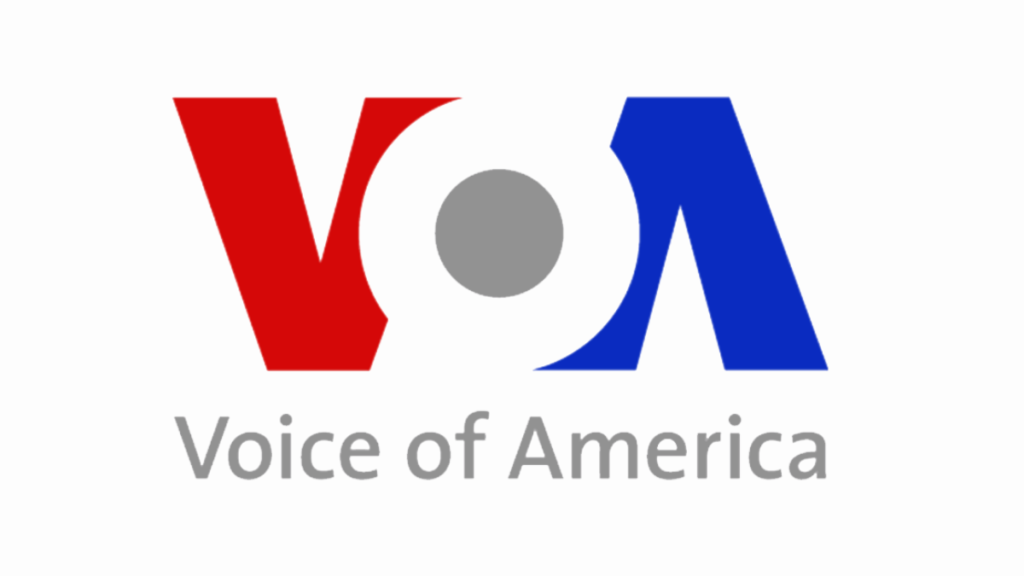News in Brief (Uyghur News Recap: Dec. 8–15, 2023)

December 16, 2023 | Voice of America | By Kasim Kashgar
The Uyghur Human Rights Project released a report highlighting Xinjiang as heavily policed, focusing on various forces committing alleged “atrocity crimes” against the Uyghur Muslim minority. Policing East Turkistan outlines the organizational structures and roles of different agencies under the Chinese Communist Party’s control. Notably, the People’s Armed Police in Xinjiang surpasses Beijing in mobile detachments despite a smaller population. The report aims to clarify and identify those responsible for human rights abuses on the ground, enhancing understanding and accountability.
Read the full article: https://www.voanews.com/a/uyghur-news-recap-dec-8-15-2023-/7400562.html
